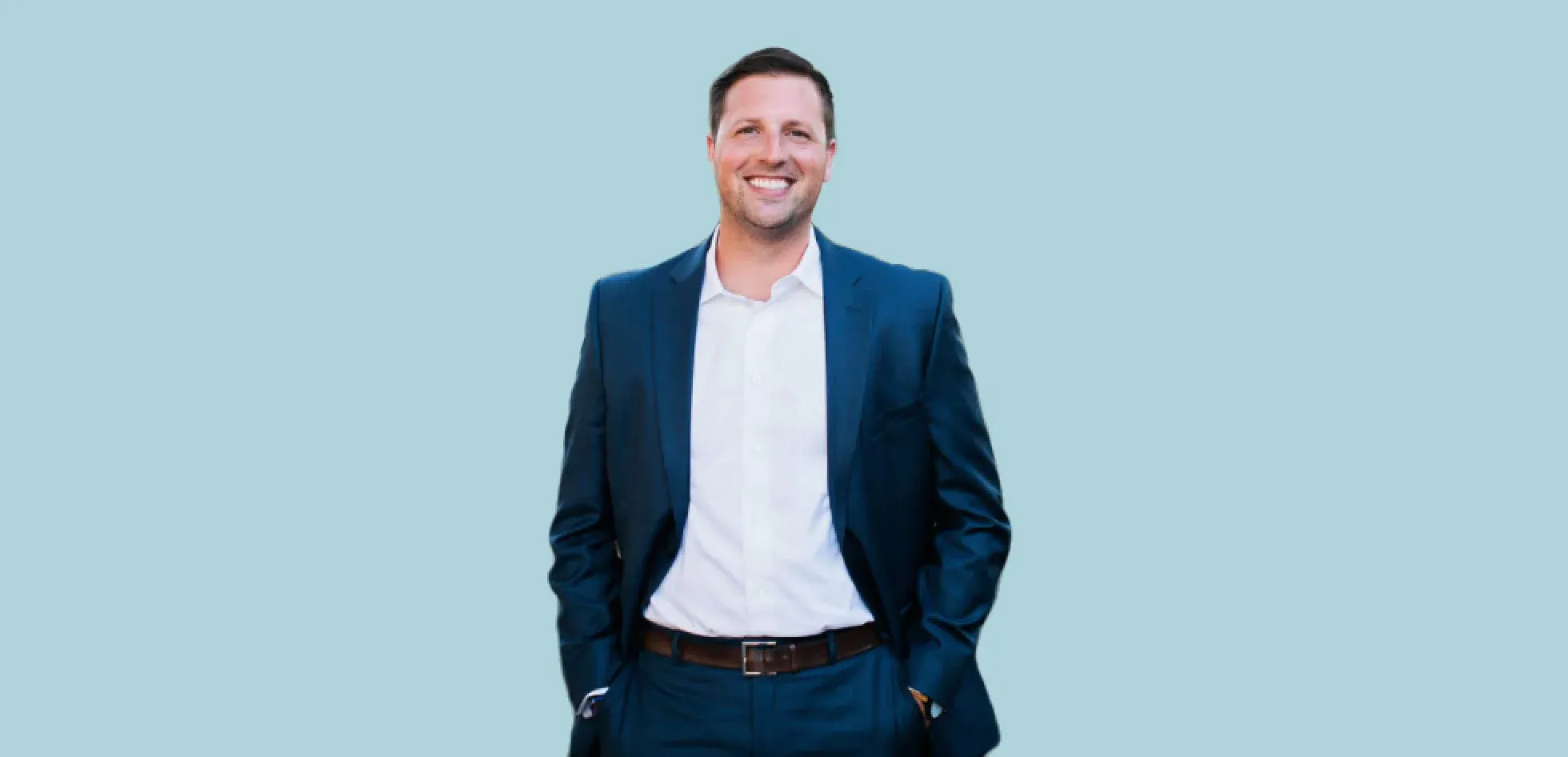All posts

Sh*t happens: building resilience for you and your climate business
For founders building climate companies, resilience may be the most critical skill/muscle to build. Not only because your work itself is more valuable for people and planet, but also because you have more to prove to customers and investors, more to learn and understand, and because staying true to your values is harder than not. When things get ugly or stressful (as they inevitably do), what will happen? This depends on how you prepare yourself and your business for the inevitable challenges you will face as an impact-driven startup.
To help you build organizational and personal resilience as you grow your business, we sat down with Zach Weissman. Zach is Founder and CEO of Impactful where he works with organizations and individuals to develop their brands, create innovative products, and build products and services to address climate change.
Set your north star
If you and your team don’t know where you’re going, you’ll lose track of where you are and why you are doing it. Establish a clear vision and specific goals and objectives. When challenges arise, reflect on your north star (as an individual or as a team); this leads to more productive discussion, problem solving, etc. When things inevitably go wrong, you can also measure your failures against your larger goals and keep them in perspective; more often than not, the problems seem big at first, but when compared to the greater vision, they just become minor speed bumps along the journey. Perspective is key.
Put resilience at the center of your operational model
Sh*t will happen, so be prepared. Establish systems that will enable you to be resilient when things inevitably go wrong. By prioritizing resilience, you will ask better questions as you set up your operational systems (i.e. “will this choice or this direction aid or hinder our resilience when things go wrong?”). Make sure you’re always set up to clearly understand what happened when something goes wrong, reflect on it, take ownership of your failures, learn from your mistakes and move forward. This means having good systems to track both process and outcomes, as well as building strategy around resilience (multiple failure points, built in timing delays, etc etc). To work towards this:
- Empower others. Give people on your team responsibility. Work with them to impart skills and build trust. You can’t do it all yourself. Make others accountable so that you can set boundaries and disconnect on a regular basis and so that when shit happens, you aren’t left to shoulder it all alone. Not only will this make your life easier, it will benefit your business as well.
- Build community. We all need people. As a founder, you need people who understand your challenges (i.e. other entrepreneurs, not your friends or family). Cultivate relationships as you go so that you have a diverse set of perspectives on tap when you need them. When you are busy, it might feel easier to deprioritize community building in your day-to-day work. But, when shit hits the fan (and even before), a strong community will have an outsize impact on your ability to perform and come up with good solutions to tough problems.
- Connect with your impact. Remember why you started doing this in the first place. It’s not just about the business for you. Find as many opportunities as you can to get out into the field, see what impact you are having and take stock of what you’ve achieved. This will give you sorely needed fuel during challenging moments.
Do the thing
Once you’ve prioritized resilience, set boundaries and empowered others, WALK THE WALK. It's exercise, not construction. They are muscles you need to work regularly, not structures you build once and forget. In the moment, especially during a crisis, they might not feel like the most important things. But consistency is key. Put these systems into practice so that they grow strong and so that you and your business thrive through thick and thin.
Set boundaries and disconnect
As a founder and/or CEO, there are few in-built boundaries between you and your business. At the end of the day, the company is your responsibility. But, you are also not your product; you need to create space between yourself and your company. You simply cannot perform if plugged in 24/7. Both you and the business will suffer.
So — Turn. Your. Phone. Off (literally or metaphorically). Make time to be away from the notifications, your regular routines and everyday spaces. This will give you perspective and recharge you to work smart and weather the storms, both small and large.
Know when to let go
Like it or not, there is always a moment when you will need to let go. Just because you are the right leader for your company right now does not mean you will be in a few years (if you are successful). Yes, you have the passion, the confidence and a lot of skills. But, as your business grows, a time will come when someone else might be better qualified to lead it. Expect it. Anticipate it. Accept it when it comes. It will be important for your business’ continued resiliency as it faces new challenges and for your personal and professional resilience as well.
Zach serves as Founder & CEO of The Impactful (www.theimpactful.com), a global community of leaders working in areas of climate, health, education, and sustainability. Zach has worked with some of the most influential organizations in the world in over 40 countries and 6 continents on projects ranging from corporate social responsibility, to carbon accounting and offsetting, to wildlife conservation documentaries. In addition to founding the Impactful, he recently launched Climb (www.getclimb.co), a climate project building digital tools and resources for adapting to climate change. He earned master’s degrees from the McCombs School of Business at the University of Texas at Austin and the Drucker School of Management at Claremont Graduate University.